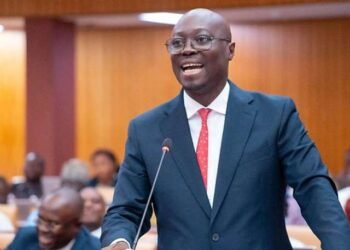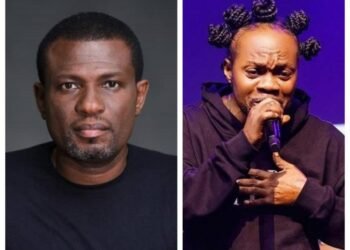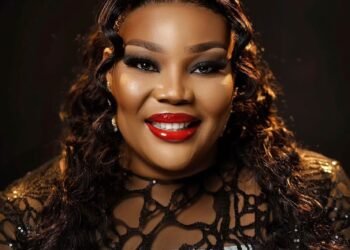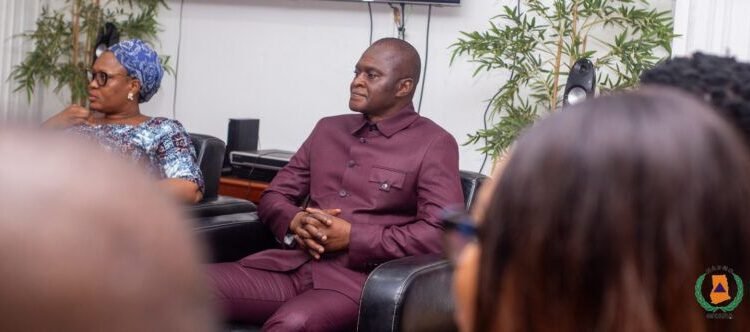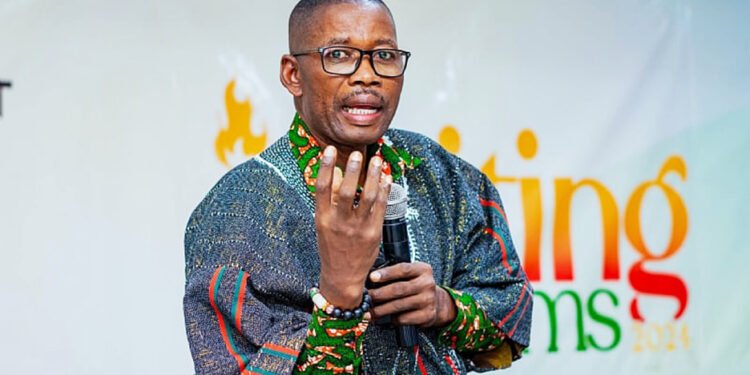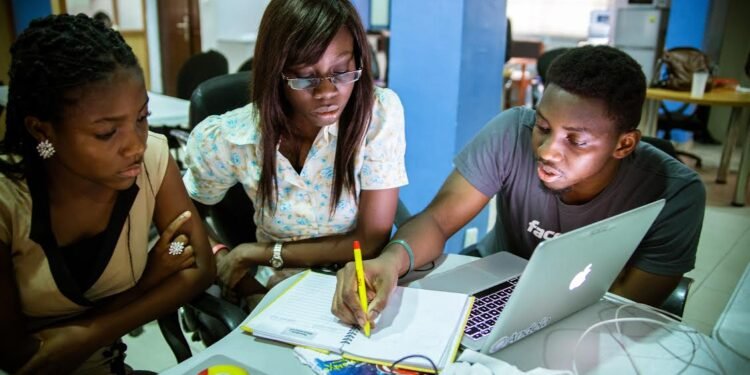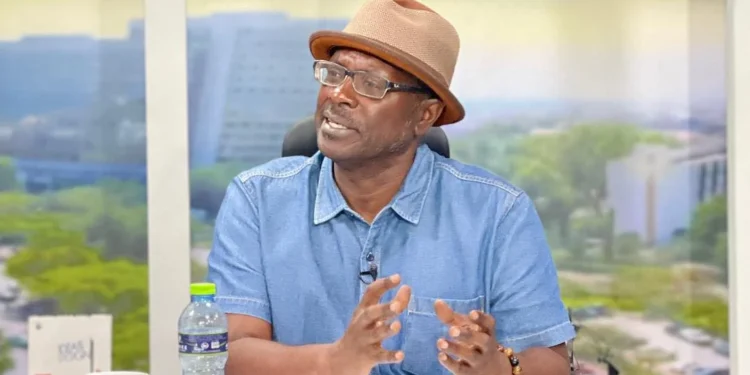In the ever-evolving music industry landscape, artists often find themselves at a crossroads when engaging with political issues.
While many musicians have used their platforms to advocate for social change, express their political views, or support specific causes, there is a growing sentiment among industry veterans that artists should tread carefully when it comes to political engagement.
Music has historically been a powerful medium for political expression.
From the protest songs of the 1960s, like Bob Dylan’s “The Times They Are A-Changin’,” to contemporary anthems like Childish Gambino’s “This Is America,” artists have used their craft to comment on social injustices, inspire movements, and galvanize public opinion.
Music evokes emotions, builds solidarity among marginalized groups, and raises awareness about pressing issues.
However, while political engagement enhances an artist’s relevance and connection with specific audiences, it alienates others.
Ghanaian music producer, David Kwamena Bolton, also known as D’KayBee has advised musicians to avoid composing songs for political parties.
David Bolton shared his thoughts on the risks musicians can encounter when they involve themselves in politics.
“I don’t think it’s worth it as a musician. If you want to have a career in a long-term career, try and stay out of politics because of the way politics is, you should be careful because don’t forget, your fan base cuts across all the political views.”
David Kwamena Bolton

Popular for his song Abrewa Nana’s ‘Odo Filla’, the musician reminisced back to his experience, Bolton reflected on how, during the 2000 elections, his group, VIP was approached by a political party to compose a song.
He said the party paid handsomely for the song.
However, when the party lost the election, VIP faced significant backlash, and Bolton himself received criticism for his association with the party.
By taking a political stance, musicians risk alienating segments of their fan base. For instance, an artist who vocally supports a controversial issue loses listeners who disagree with their views.
This has a direct impact on ticket sales, streaming numbers, and overall popularity.
“So, you stand at risk of alienating a portion of your fan base and it’s your fan base that keeps you who you are,” David Kwamena Bolton said.
Musicians often cultivate a brand that resonates with their audience. Political involvement complicates this branding, leading to confusion about the artist’s identity and message.
Brands thrive on consistency, and a sudden shift towards a political agenda may confuse fans who are drawn to the artist for their musical talent rather than their political beliefs.
Finding a Middle Ground

While the potential drawbacks of political engagement are significant, it is also essential to recognize that many artists successfully navigate these waters.
Some musicians find a middle ground by addressing social issues through their art without overtly aligning themselves with specific political movements.
This approach allows them to raise awareness while maintaining a level of neutrality that can be beneficial for their careers.
Additionally, artists engage in philanthropic efforts or support charitable causes without making explicit political statements. This allows them to contribute to societal change while avoiding the divisive nature of political discourse.
“So, I would advise any musician just to stay away from politics. You could get some decent cash for that time, but then you may end up losing a lot more than the value of that money you’re getting,” David Kwamena Bolton elaborated.
The relationship between musicians and politics is complex and fraught with challenges.
While political engagement amplifies an artist’s voice and connects them with passionate audiences, it also carries risks that can jeopardize their long-term career prospects.
For many musicians, focusing on their craft, cultivating a broad appeal, and finding alternative ways to contribute to social change may be the most prudent path forward.
Each artist must weigh their values, audience, and career aspirations when deciding how to navigate the intersection of music and politics.
READ ALSO: MTN Ghana and Republic Bank Ghana Drive Trading Activity on GSE





